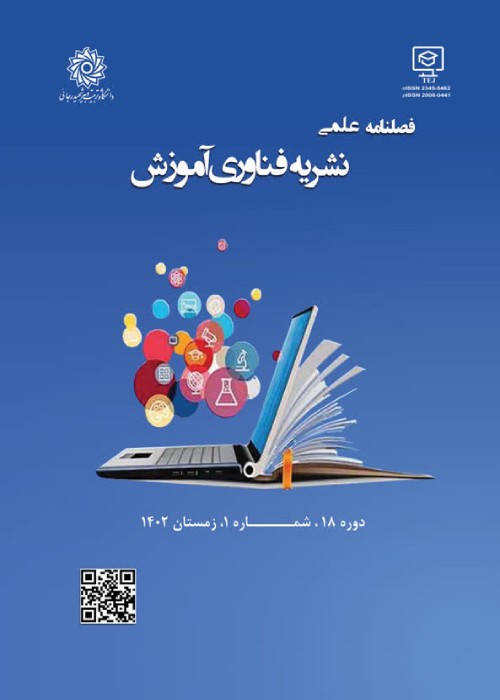Online vs. offline Problem-based Learning Affecting Foreign Language Learners’ willingness to communicate, self-efficacy, and classroom anxiety
The essence of Problem-based Learning (PBL) is to find a prêt-à-porter solution to a problem, which is also known as scenario. Several features differentiate this teaching methodology from other typical approaches in language teaching contexts. In order to reinforce the association between learners’ construction of the required knowledge to solve an ill-structured problem when assessing different possible solutions and attempting to find an acceptable solution, learners need to collect necessary information mostly on their own with the help of a teacher as a facilitator. PBL can also be considered as a potentially useful approach to language teaching and learning, especially with regard to productive skills in which leaners practice more fluently if they experience more involvement in the learning process. The PBL also contributes to learners and learning psychological aspects. Despite the generally acknowledged benefits of PBL, it has not been commonly used, especially in foreign language learning contexts. One reason for this may have been concerns about how the method might affect foreign language learners’ feeling of anxiety, self-efficacy and willingness to communicate. The major objective of this study was to bridge the gap in our understanding of how the implementation of the PBL approach affects English as a Foreign Language (EFL) learners’ psychological factors of willingness to communicate, self-efficacy, and classroom anxiety.
Ninety pre-intermediate EFL students were selected according to the Oxford Placement Test (OPT) and purposeful sampling method. They were randomly assigned into 3 groups of online PBL, face-to-face PBL, and control group with 30 learners in each. Students in both online PBL and face-to-face PBL classes embarked on a 10-session speaking course according to the framework of the PBL approach. Meanwhile, the control group received speaking instruction based on a conventional method other than the PBL. Three questionnaires of Willingness to Communicate (WTC), English self-efficacy, and foreign language classroom anxiety scale were administered before and after the course to all participants. Analysis of covariance (ANCOVA) was employed to analyze the data.
Results showed that EFL learners in the online and face-to-face PBL classes outperformed those in the control group in their WTC and self-efficacy. In addition, learners in the online and face-to-face PBL groups meaningfully experienced a lower level of classroom anxiety compared with the control group.
The findings of the present study suggest that the PBL approach efficiently motivates learners to communicate and interact within the classroom context. In addition, learners in the online and conventional PBL groups felt more self-determining and responsible for their learning as a result of feeling more comfortable in the learning environment. Results also shed light on the idea that due to the experiential aspect of PBL, when learners explore the solutions to the problem/scenario and discuss them with others, that forms an environment with a minimized classroom speaking anxiety. Implications are also discussed at the end of the study.
- حق عضویت دریافتی صرف حمایت از نشریات عضو و نگهداری، تکمیل و توسعه مگیران میشود.
- پرداخت حق اشتراک و دانلود مقالات اجازه بازنشر آن در سایر رسانههای چاپی و دیجیتال را به کاربر نمیدهد.



